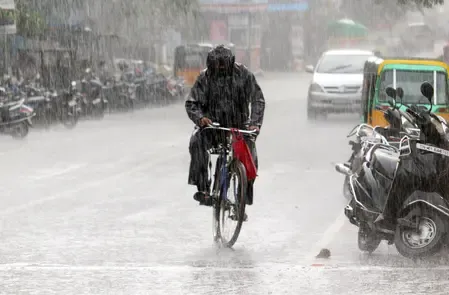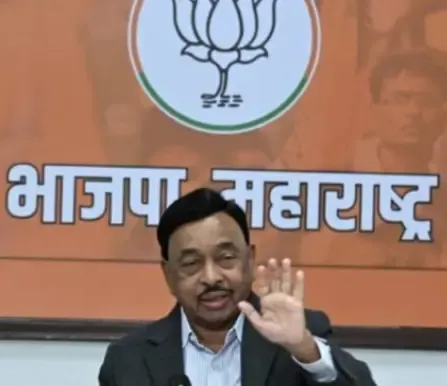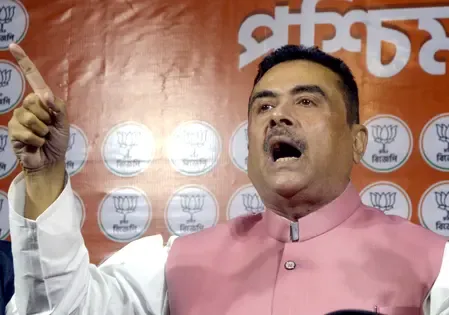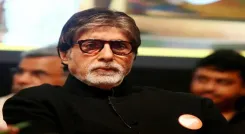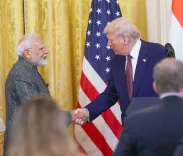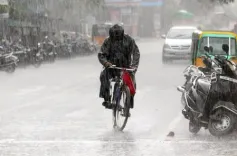How Did Operation Sindoor Showcase India's Military Might?
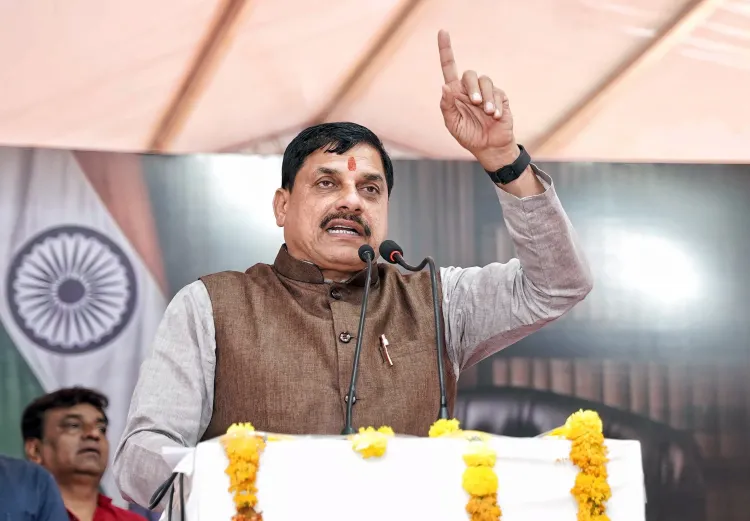
Synopsis
Key Takeaways
- Operation Sindoor showcased India's military precision.
- 70 terrorists were neutralized during the operation.
- The operation was a coordinated effort by the Army, Navy, and Air Force.
- Real-time UAV support ensured successful strikes.
- The operation aimed to dismantle terror networks without civilian harm.
Bhopal, May 7 (NationPress) Following the announcement of the Indian Armed Forces' precise strikes on nine terror locations in Pakistan and Pakistan-occupied Kashmir (POK), Madhya Pradesh Chief Minister Mohan Yadav expressed his admiration for both the nation's military and Prime Minister Narendra Modi.
"Our courageous Indian Army is formidable and equipped to confront threats to our nation. The Army has delivered a strong message by targeting nine terrorist hideouts. The entire nation stands proud of Prime Minister Narendra Modi and the Indian Army," the Chief Minister stated in a video message released on Wednesday.
He further emphasized that this operation exemplified the boldness of PM Modi and his unwavering dedication to the country.
"Once again, it is evident that our PM Modi follows through on his commitments, and no one should question his resolve. This 'Operation Sindoor' has filled the nation with pride," he added.
Approximately 70 terrorists, including senior and mid-level leaders of Lashkar-e-Taiba and Jaish-e-Mohammed, were neutralized as India executed 24 missile strikes across nine terror-related sites in Pakistan and POK.
The targets included training camps, safehouses, and logistical centers used for planning attacks against India.
The strikes were characterized as rapid and precisely executed, with all missiles hitting their designated targets within an hour, aided by UAVs providing real-time feedback. The timing and coordination were meticulously planned to ensure surprise and minimize exposure.
India affirmed that the operation was a measured military response, not an escalation.
Foreign Secretary Misri emphasized that India's goal was to dismantle terror infrastructure without jeopardizing civilian lives or inciting a broader conflict.
He noted that since the Pahalgam attack, Pakistan had only responded with denials and accusations instead of taking action against the culprits.
This operation represented a joint effort by the Army, Navy, and Air Force, commencing at 1:44 a.m., with Prime Minister Narendra Modi overseeing the mission throughout the night in close communication with senior commanders and National Security Advisor Ajit Doval.
In Madhya Pradesh, security drills are scheduled to occur in various cities today, including Bhopal, Indore, Gwalior, Jabalpur, and Katni.


